ARTHRITIS CARE & MANAGEMENT =
BETTER OUTCOMES
54.4M
U.S. adults have doctor-diagnosed arthritis3
300,000
U.S. children
have some type
of arthritis.4


Arthritis is most common among women and occurs more frequently as people get older.
ARTHRITIS MANAGEMENT
 The focus of arthritis treatment is on pain control, minimizing joint damage, and improving physical function and quality of life.3
The focus of arthritis treatment is on pain control, minimizing joint damage, and improving physical function and quality of life.3
Medication options include disease-modifying antirheumatic drugs (DMARDs), biologics, corticosteroids, nonsteroidal anti-inflammatory drugs (NSAIDs), counterirritants, and painkillers.5
WHAT IS ARTHRITIS?
Arthritis is a broad term used to describe 100+ different types of rheumatic, inflammatory diseases that affect joints and the tissues that surround the joints.1
COMMON TYPES
of arthritis include:
OSTEOARTHRITIS,
RHEUMATOID ARTHRITIS, and PSORIATIC ARTHRITIS.2

SYMPTOMS OF ARTHRITIS
Signs and symptoms of arthritis depend on the type, but often include: joint pain, swelling, redness, tenderness, warmth, and decreased range of motion.3
 COST OF TREATMENT
COST OF TREATMENT
Arthritis treatment costs U.S. patients
$304B ANNUALLY.6
ARTHRITIS CARE AND MANAGEMENT: YOU CAN COUNT ON NOBLE HEALTH SERVICES TO BE THERE FOR YOU EVERY STEP OF THE WAY.
Arthritis patients are enrolled in Noble Health Services’ Clinical Management Program (CMP). This program is designed to improve medication adherence and outcomes. Patients will receive education and counseling on: their condition, proper usage of medication, dosing, side effects and management, and the importance of medication adherence.
Additionally, Noble offers co-pay assistance. We work to find available options to help ease the financial burden of arthritis medications. We strive to find the lowest out-of-pocket price available for every patient, for every prescription,
every time.
THE IMPORTANCE OF ADHERENCE

of arthritis patients do not take their medications as prescribed.7
PATIENT BENEFITS TO MEDICATION ADHERENCE8
- Lower disease activity
- Healthier, fuller life
- Higher treatment satisfaction
- Less work loss
WHY PATIENTS STOP TAKING THEIR MEDICATION7
- Belief that medication is not working
- High costs

1. Brindles Lee Macon and Lauren Reed-Guy. “Arthritis: Causes, Signs, and Diagnosis.” Healthline, Healthline Media, 3 Feb. 2020, www.healthline.com/health/arthritis.
2. Christine Case-Lo, “What Type of Arthritis Do You Have?” Healthline, Healthline Media, 10 Dec. 2018, https://www.healthline.com/health/arthritis-types
3. “Frequently Asked Questions (FAQs) about Arthritis.” Centers for Disease Control and Prevention, Centers for Disease Control and Prevention, 10 Jan. 2019, www.cdc.gov/arthritis/basics/faqs.htm.
4. “What Is Arthritis?” arthritis.org/health-wellness/about-arthritis/understanding-arthritis/what-is-arthritis.
5. Arthritis.” Mayo Clinic, Mayo Foundation for Medical Education and Research, 19 July 2019, www.mayoclinic.org/diseases-conditions/arthritis/diagnosis-treatment/drc-20350777.
6. “Arthritis Cost Statistics.” Centers for Disease Control and Prevention, Centers for Disease Control and Prevention, 27 Feb. 2020, www.cdc.gov/arthritis/data_statistics/cost.htm.
7. “Sticking With Your Arthritis Treatment Plan: Arthritis Foundation.” Sticking With Your Arthritis Treatment Plan | Arthritis Foundation, arthritis.org/health-wellness/treatment/treatment-plan/disease-management/sticking-arthritis-treatment-plan.
8. Li, Lin, et al. “Medication Adherence Has an Impact on Disease Activity in Rheumatoid Arthritis: a Systematic Review and Meta-Analysis.” Patient Preference and Adherence, Dove Medical Press, 4 Aug. 2017,
www.ncbi.nlm.nih.gov/pmc/articles/PMC5553350/.
To download and print this infographic, click here.

